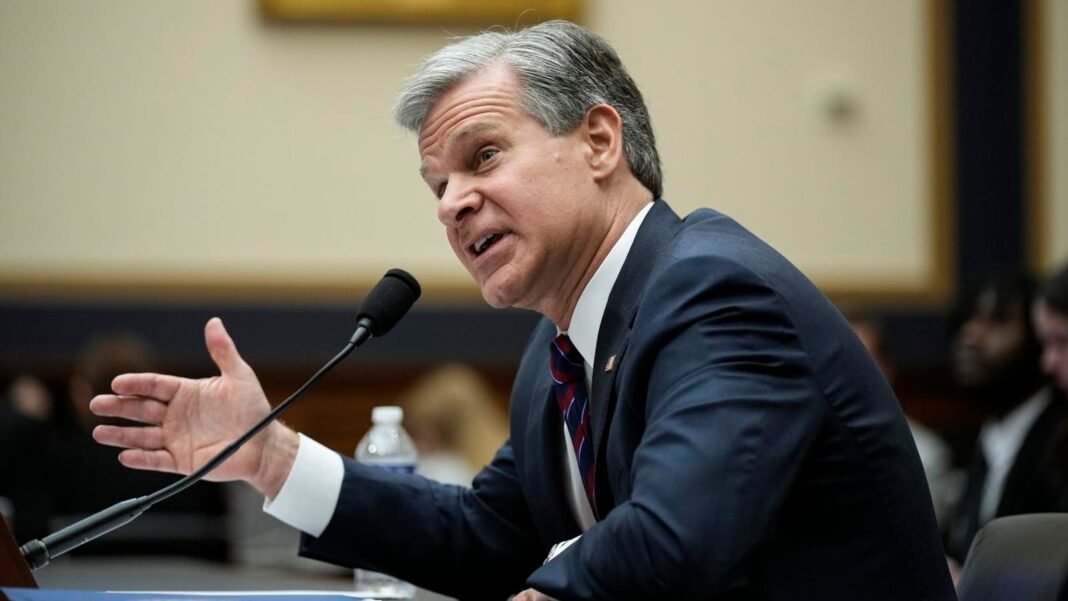Oregon Opposes Federal National Guard Deployment in Portland
State Files lawsuit to Block Troop Presence
The state of Oregon has launched a federal lawsuit to halt the Trump administration’s plan to station National Guard troops in Portland. This legal challenge follows the Department of Defense’s notification that 200 federalized National Guard members would be deployed for a two-month period. The stated purpose of this deployment is to protect Immigration and Customs Enforcement (ICE) agents and government buildings amid ongoing demonstrations.
Oregon’s complaint, directed at President Donald Trump, Defense Secretary Pete Hegseth, and Homeland Security Secretary Kristi Noem, argues that this military intervention is disproportionate. It points out that recent protests near ICE facilities have been small-usually fewer than thirty participants-and largely peaceful without arrests as mid-2023.
Constitutional Issues Surrounding Federal Intervention
The lawsuit stresses that the federal government’s actions violate the 10th Amendment by infringing on powers reserved for states. It asserts that deploying troops without Oregon’s consent undermines local governance and may disrupt public safety rather than improve it. Additionally, Oregon claims this move appears politically motivated, breaching constitutional principles of equal treatment among states.
Governor Kotek Voices Strong Opposition
In a video message addressed to Oregonians, Governor Tina Kotek expressed profound disappointment with the federal decision. She remarked: “This represents a concerning moment when local leadership is disregarded by Washington.” She recalled her conversation with President Trump where she emphasized there was no insurrection or threat justifying military deployment in portland or elsewhere within Oregon.
Kotek cautioned that such aggressive measures risk escalating tensions unnecessarily and could provoke more unrest instead of restoring calm.
The White House Defends Military Deployment
A spokesperson from the White House justified President Trump’s order as an exercise of lawful authority aimed at safeguarding federal property amid months-long clashes involving left-wing activists targeting law enforcement officers. The administration cited rising assaults on ICE personnel as grounds for bolstering security through military support.
President Trump’s Firm Stance on Protecting Federal Sites
On his social media platform Truth Social, President Trump declared his directive authorizing full use of force if needed: “At Homeland Security Secretary Kristi Noem’s request, I have instructed War Secretary Pete Hegseth to deploy all necessary troops to defend Portland along with any ICE facilities under attack from Antifa and other domestic terrorists.” He referenced data showing over a tenfold increase in attacks against ICE officers since early 2024 across cities including Portland and Los Angeles.
When asked about sending troops into Portland during an interview earlier Sunday,he said: “We are seriously considering it because we cannot tolerate assaults on our ICE centers or other federal properties.” However, these assertions were challenged by Oregon officials who maintain protest activity has remained limited both in size and intensity recently.
Navigating Protest Dynamics Versus Public safety Priorities
- Tensions Between State Authority And Federal Power: This situation highlights ongoing conflicts between state governments defending their jurisdictional rights versus federal agencies imposing security operations without local approval.
- Civil Unrest Patterns: While some U.S.cities like Chicago experienced large-scale protests involving thousands during early 2025-with occasional violence-Portland’s demonstrations remain relatively contained according to official reports.
- The Role Of The National Guard In Domestic Affairs: Deployments such as this raise vital questions about appropriate use of military forces within U.S. borders during civil disturbances compared with community-focused policing strategies emphasizing de-escalation favored by many leaders today.
“Deploying troops risks worsening already fragile community relations rather of promoting peace,” noted one constitutional law expert familiar with state-federal dynamics regarding protest management.”
A Turning Point In State-Federal Relations Over Protest Responses
This dispute illustrates how balancing public safety concerns alongside constitutional protections remains a complex challenge for policymakers nationwide amid polarized political environments.As more regions confront similar issues related to protest responses-whether through police reform debates or calls for increased security-the outcome here could establish notable precedents shaping future governance approaches across American cities facing civil unrest challenges.





